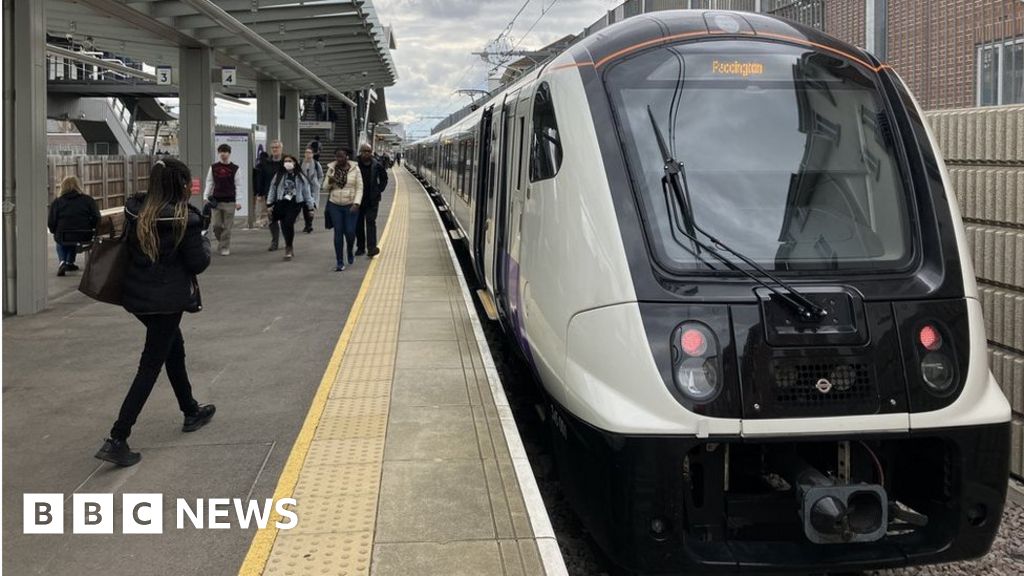As a percentage of cancellations running a high intensity metro service you would expect the cancellation percentage to be lower. 1 train an hour on a branch line cancelled .results in an 100% cancellation rate for an hour. 1 train per hour cancelled on the 24tph Elizabeth line peak is a cancellation rate of just over 4%
No you wouldn’t.
A metro service with a aggressive recovery strategy often causes a high level of cancellations outright. Whilst other operators might instead run trains nonstop or divert them or even absorb the delay. A 30 minute delay might be recoverable for an intercity service, but you’re talking about 5/6 trains worth of Elizabeth line services (at least) which is not effective. It would be better to compare to an LU line for cancellations. 1 in 10 cancellations would be the same as cancelling 1 trip from Paddington to Shenfield an hour (off-peak & peak averaged). The gap in trains is more important than overall delay.
Cancellations is just one part of an overall reliability & punctuality figure so it will be interesting to see how that comes out.
Reducing it would be down to three key factors.
A) The reliability of 345s, particularly transitioning across the network
B) The reliability of NR Western infrastructure the performance of which is frankly awful and seems to fail most days which automatically ends up in Elizabeth line cancellations.
C) The length of time taken to resolve an issue with the core TfL/RfLI infrastructure.
There were also some high profile incidents in that 4 week period with TfL infrastructure which tends to veer towards cancellations as if the core section is blocked, there’s only limited platform availability at both Liverpool Street & Paddington (the latter being particular restricted).
Precisely. With metro frequencies it's of no practical consequence to the passenger.
Delay statuses on TfL lines generally refer to the gap in services, not overall delays. This is more noticeable on a metro service as you say.


